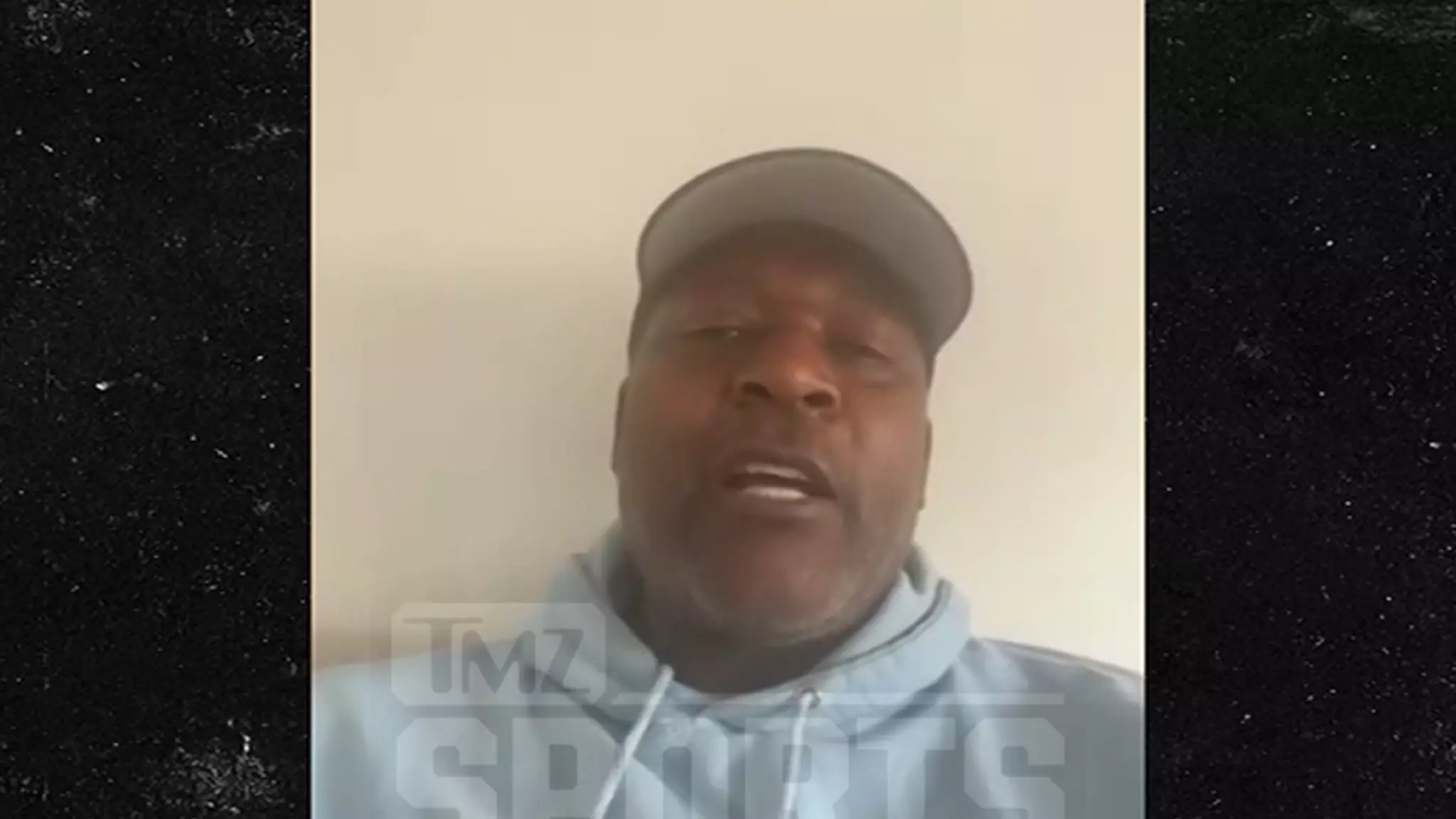As the NCAA basketball season enters its climax, all eyes are on stars like Cooper Flagg, the promising Duke freshman who’s projected to be the top pick in the upcoming NBA draft. The allure of professional basketball, complete with lucrative contracts and the prestige of playing at the highest level, can be intoxicating for young athletes. However, the decision is far from straightforward, as former College Basketball Hall of Famer Larry Johnson points out. He advocates for Flagg to consider postponing his entrance into the professional realm for at least one more year. This perspective invites a critical discussion surrounding the intersections of success, readiness, and personal growth.
Learning Beyond the Court
Johnson articulates a point that resonates deeply with many seasoned figures in the realm of sports: the immense value of collegiate experience. In a world where immediate gratification is often prioritized, Johnson’s advice serves as a breath of fresh air. The argument for staying an additional year hinges on the enrichment of skills and maturity that often come with extended participation in college athletics. This may not only enhance performance metrics but also cultivate crucial life skills like discipline, resilience, and teamwork. Flagg, despite his evident talent, could greatly benefit from another year of growth in a structured environment such as Duke, where coaching and camaraderie offer a unique learning opportunity.
Financial Temptations versus Long-term Gains
Despite the merits of remaining in college, one cannot overlook the financial implications of such a decision. As Johnson pointed out, turning down the chance to secure a contract as a projected first-round pick can be brutally challenging. The call of making life-changing money often overshadows other considerations, particularly for young athletes who may not have the financial stability to comfortably wait for another year. This raises a critical question: how can we reconcile the immediate financial opportunities of the NBA with the potential long-term benefits of further collegiate play? This internal struggle is not unique to Flagg, but rather symbolic of a larger issue facing many talented athletes on the cusp of professional careers.
A Legacy of Patience and Preparation
Reflecting on his own career trajectory, Johnson himself chose to remain at UNLV for an additional year, a decision he claims he does not regret. This highlights an often-overlooked aspect of sports: the importance of preparing not just physically, but mentally and emotionally for the challenges that lie ahead in professional sports. Transitioning to the NBA can be a daunting leap, and the more prepared an athlete is—both in terms of skills and mental fortitude—the greater the chances of a successful career. Flagg’s journey could serve as a case study for future athletes weighing similar decisions, underscoring the importance of strategy and foresight in navigating the complex world of professional sports.
The Crucial Decision Ahead
As the clock ticks down to the draft in late June, Flagg must weigh the wisdom of seasoned veterans against the temptations of immediate success. The basketball community watches, eager to see if he will accept the mantle of responsibility that comes with such a decision. This potential pivot could redefine not just Flagg’s career, but also set a precedent for aspiring athletes faced with the same crossroads. The essence of sports lies in not just the game itself but in the narratives we create and the lessons we learn along the way.

